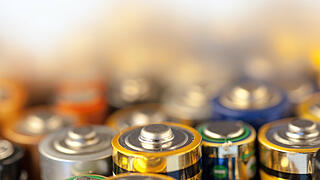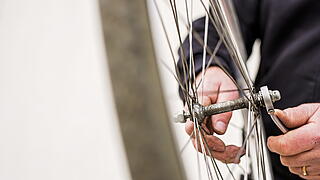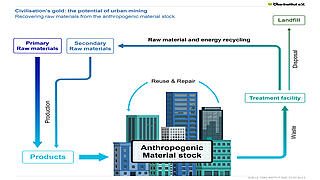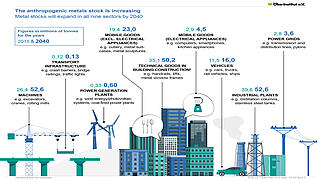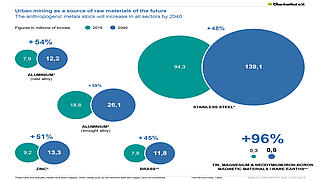Whether it’s gravel, rare earths, sand or copper – we use excessive quantities of raw materials in our buildings, cars and smartphones, often without considering that they are finite resources or thinking about the consequences of mining them. Germany depends on imports for its supply of metals and fossil fuels. However, resource extraction and use have numerous adverse impacts on people and the environment –
- from inadequate health and safety standards for workers in many of the producing countries
- to deforestation and
- the pollution or even poisoning of soil and water.
The Oeko-Institut is working towards a complete transformation of the way we use resources. The aim is the sustainable extraction, use and recycling of raw materials. This includes phasing out the use of resources that cannot be recycled. Recycling has a key role to play in reducing consumption and conserving resources: in a genuine circular (closed loop) economy, end-of-life (EOL) products are treated not as waste but as resources. The anthropogenic material stock – the pool of raw materials created by human activity – is another potential source of secondary raw materials that must be utilised. Experts at the Oeko-Institut are also working on European waste and resource policy and on international mining.


